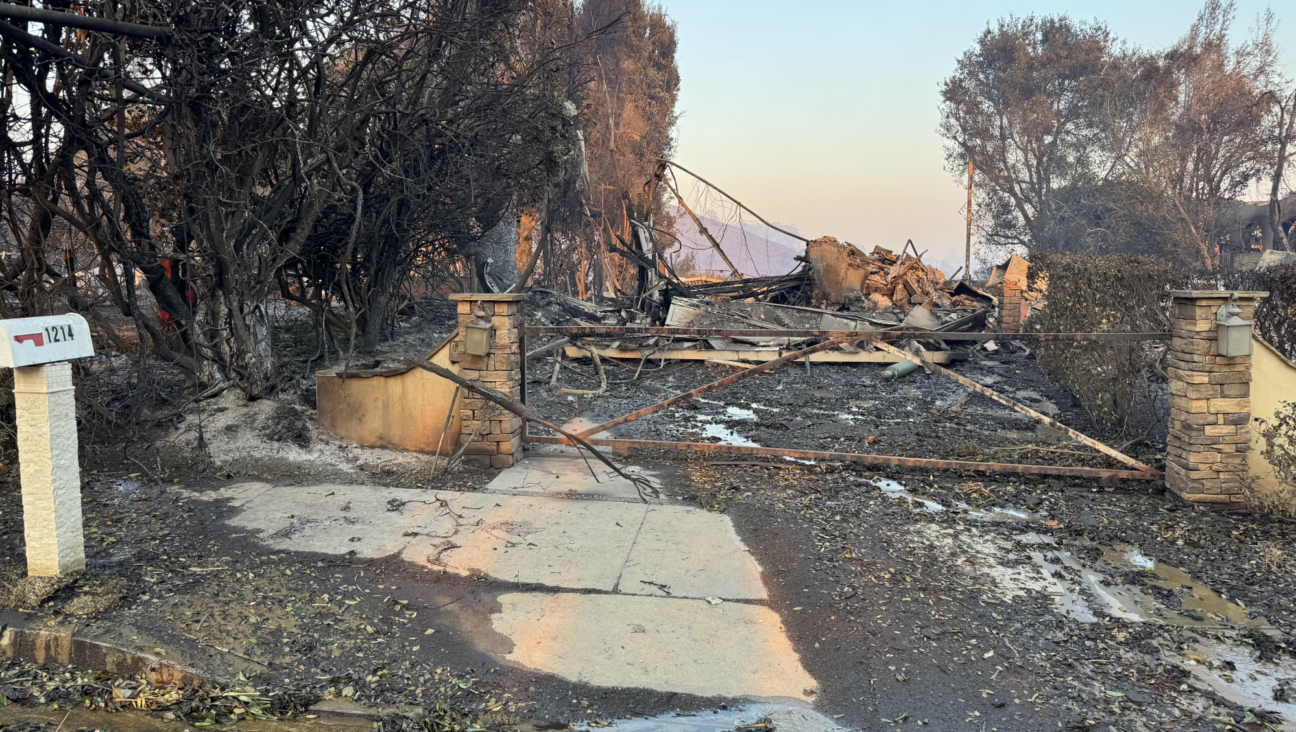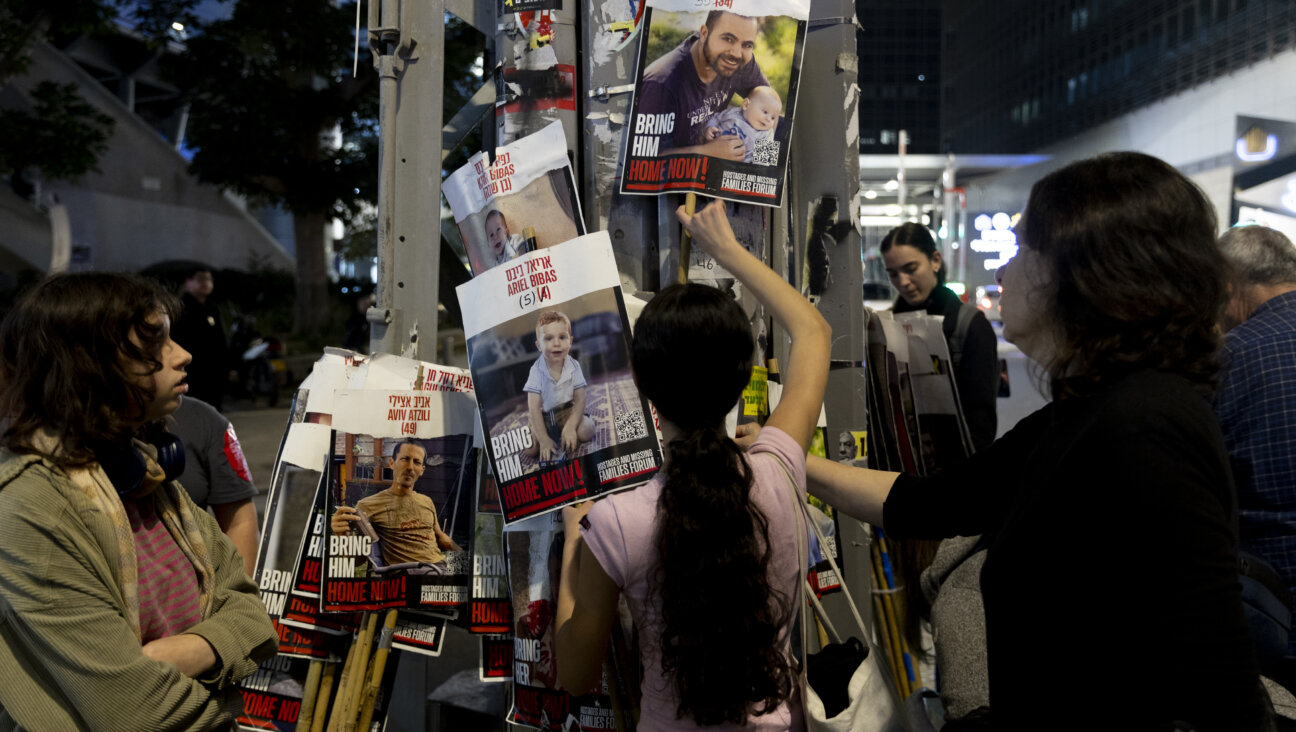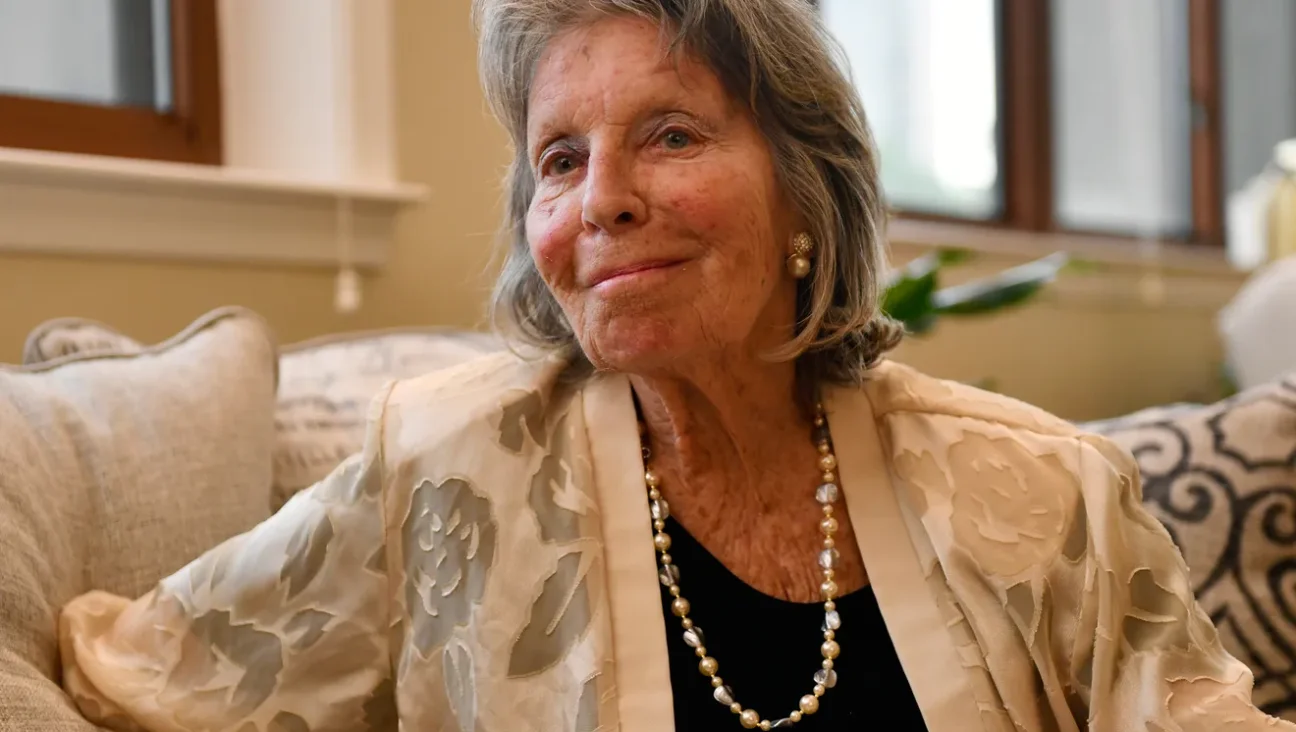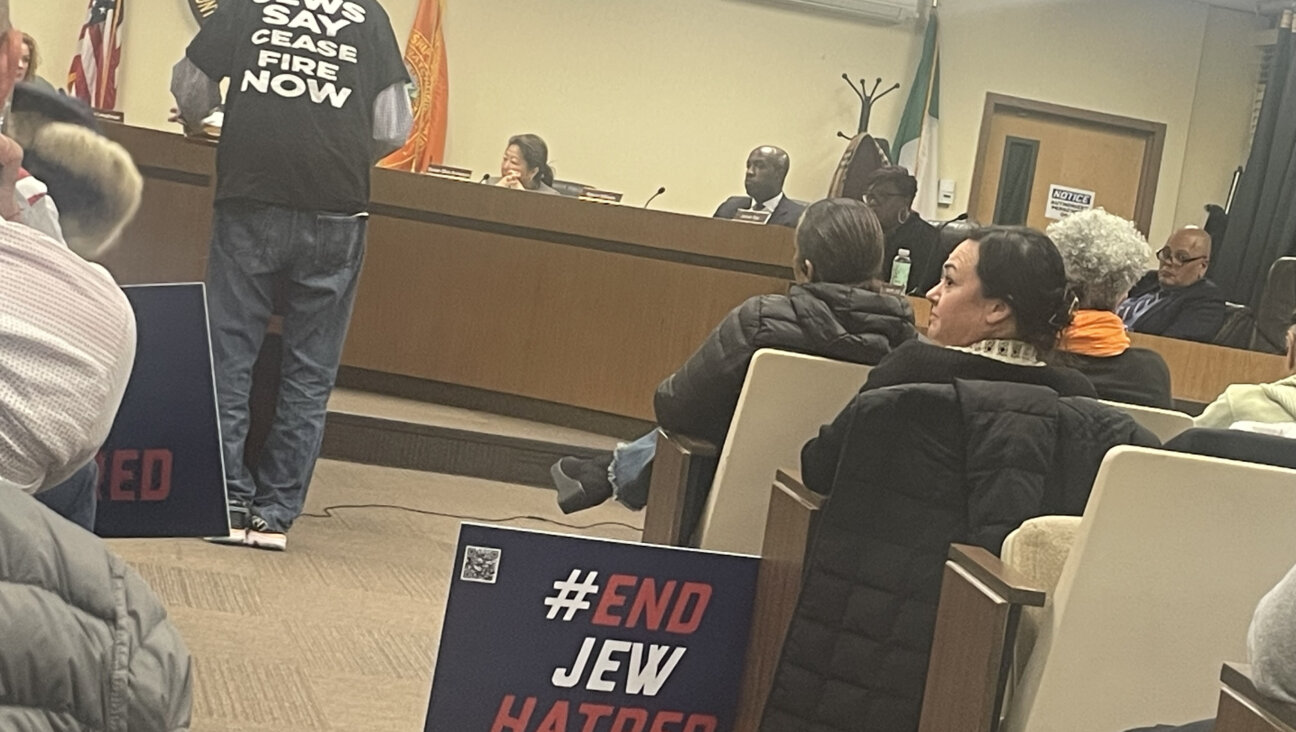When my dad died in February and I decided to say kaddish for him every morning for the traditional 11-month mourning period, I kind of forgot it would involve praying.
Like, I knew the Mourner’s Kaddish is itself a prayer of praise to God, but I was thinking about it more as a commitment I was making to my dad — and a way of creating a structured space for meditating on his memory. I completely ignored the fact that kaddish sits inside a broader liturgy — that I was, for the first time in forever, going to be devoting part of each morning to davening.
Or at least going through the motions. I have spent approximately 6,150 minutes over the last six months singing Halleluyahs and bowing at the right line of Aleinu, being called to the Torah for aliyot and even leading my new friends at Shomrei Emunah of Montclair, New Jersey, through the Amidah on the occasional Sunday morning.
All of which forced me to confront the very real fact that I’ve never had a clue how to actually pray.
So after saying kaddish last Saturday at the end of pseukei d’zimrah — verses of praise — I decided to join Rabbi Spodek’s walk in the woods rather than continue with the more traditional turning of pages in a prayer book. (This all unfolded at Pearlstone, a retreat center in Maryland, where I’d gone for an “alumni and friends” gathering of the Pardes Institute, a pluralistic center of Torah study based in Jerusalem.)
I left my prayer shawl behind, but Rabbi Spodek wore his. I asked if it was his Outdoor Tallit. “All my tallit are outdoor tallit,” he replied.
Rabbi Spodek, 47, grew up secular in Coney Island; he didn’t have a bar mitzvah. He was ordained at the Jewish Theological Seminary in 2007 and now lives in Beacon, New York, an industrial river town turned hipster hamlet (think Brooklyn, with more trees). When he first moved upstate, he started a groovy musical minyan in his living room, then folded it into a century-old congregation called Beacon Hebrew Alliance. He’s also a relationship counselor, and host of a new Pardes podcast called Good Jewish Lover.
Spodek’s Soul Stroll — it feels like it deserves capital letters! — basically involves a light hike in a beautiful place with purposeful stops to ponder parts of Jewish prayer. Between each stop he broke us into pairs — chevruta, you could say — to share reflections on a prompt.
We started at the beginning, with Birchot Hashachar, or blessings of the morning, a list of 15 “thanks, God” one-liners I’ve been repeating most days since dad’s death. Rabbi Spodek picked one to focus on: “she’asah li kol tzorki” — who provided me with all my needs. He said a few words about how difficult it can be in our hectic modern lives to appreciate the basics like shelter and food, then asked us to share with our partners the ways in which our needs are met.
I went first, noting that I not only had shelter, but a large house that during the pandemic allowed each member of my family to work in a separate room; not only do I have enough food but I often get to cook particularly delicious things from seasonal local produce. My partner shared a story of a prior meditation where she came to really understand the miracle of running water. Which made me think how lucky I am to also have an Owala bottle that keeps said water ice cold.
The next stop was for “Mi Haish,” a familiar song that commands us to avoid evil, do good and pursue peace. Rabbi Spodek said he was pretty solid on avoiding evil — “I haven’t robbed any banks” — and confident he does his share of good, but that actively pursuing peace is really, really hard. Then he spoke about how when we talk about people close to us, we often say, “so-and-so is terrific, but…” only to delineate their weaknesses and faults. What would happen if we only spoke about what we love and admire about a person? That was the task for the next bit of the walk.
The centerpiece of our Soul Stroll was the heart of every Jewish prayer service, the Amidah, also known as the Shmoneh Esreh, Hebrew for 18, which is the number of blessings it originally included (a 19th was added about 1,900 years ago).
This is the big one that kids learn to lead for their b mitzvahs. The one where we all stand up and face the ark, where the pious perhaps pull their prayer shawls over their heads, where you’re supposed to keep your feet close together and bow at certain lines. The one that often starts communally and continues silently, about which many rabbis say something like, “you can read the words printed on the page or say the ones written in your heart.” Which always makes me go: Huh?
Rabbi Spodek’s broke it down to: Wow, Please, Thank You.
The Amidah’s 19 blessings, he explained, are of three types — shevach (Hebrew for praiseworthiness), bakashot (requests) and hoda’ot (gratitude). So he starts by thinking about the awesomeness of creation: the amazing way trees make oxygen for us to breathe, for example, or how incredible it is that there is this narrow — and narrowing — band of weather conditions that allows humans to live on Earth.
Then he asks for something he really and truly needs: “May my kid find their footing.” And then it’s like a gratitude journal, isolating a few things that are going well: Thanks for the opportunity to be at this retreat, maybe.
I know it sounds hokey, but I have to tell you, it really worked for me. I stood there on a little hill overlooking a little pond and I closed my eyes and I said zero words of Hebrew. I did not bow; my feet were not together. But I thought about what was awesome and what I needed and what I was grateful for. I prayed.

































